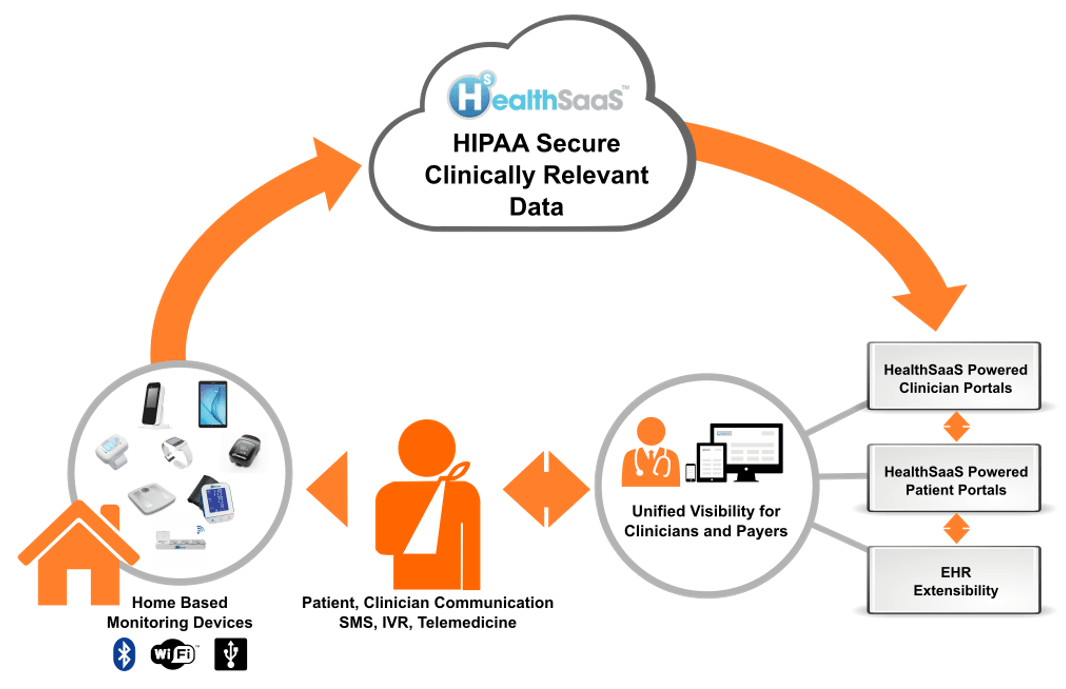
Transforming Healthcare Through Innovation
Value Based Care - The Core of Our Mission
The healthcare sector is swiftly evolving from fee-for-service frameworks to Value Based Care paradigms, focusing on prevention, optimizing therapies, employing Agentic workflows, fostering Continuous Quality Improvement (CQI), and achieving measurable outcomes. HealthSaaS - Akelex effectively bridges the divide between data acquisition and clinical implementation. We convert data into practical insights, validate results through stringent Continuous Quality Improvement (CQI) protocols, and consistently enhance care delivery based on empirical evidence. This approach transcends mere technology deployment; it signifies a fundamental shift from reactive crisis response to proactive wellness enhancement, benefitting all parties involved.
Rural Health Transformation Program (RHTP)
We address all five RHTP strategic goals, eight statutory
requirements and support multiple qualifying uses of funds.

Medication Adherance - CCM/RPM
The right medication at the right time shouldn't be left to chance;
it should be driven by intelligent technology and expert care.

Distributed Care Triage


HealthSaaS Delivers Cognitive Patient Monitoring with the Intel Health Application Platform.
HealthSaaS - Akelex
Value-Based Care
Our Ontological AI and Agentic workflow solution streamlines clinical decision-making, helping providers optimize treatment plans for patients managing diabetes, hypertension, atrial fibrillation, heart failure, COPD, asthma, and prenatal/well-baby care.
This comprehensive solution uses Therapeutic Optimization with ORDS Methodology to review patient data in real-time, and uses Agentic AI to deliver "the Right information, to the Right person, at the Right time".
ORDS
Optimal – Care aligns with evidence-based best practices
Reasonable – Care follows clinical standards with minor improvement opportunities
Defensible – Care meets minimums but has addressable gaps
Suboptimal – Significant intervention required
Measurable Impact:
Our ORDS-driven workflows enhance six critical areas: wellness and prevention, disease progression management, patient engagement and adherence, therapeutic optimization, quality of life, and value-based outcomes.

Technology to Support Aging in Place (TSAP) was a Chronic Condition Management (CCM) program that united industry partners, community-based aging services, university researchers, and health care providers.By combining remote monitoring technology with social determinants of health scoring and coordinated support services, TSAP empowered participants to maintain their independence and enhance their quality of life.
Collaborative Partners:
- HealthSaaS
- Area Agency on Aging and Disabilities
- Washington State University College of Nursing
- Washington State University, Department of Human Development
- Legacy Health
- Peace Health
- SeaMar Community Health Centers (FQHC)

Sandra Powell-Elliott, vice president of Innovation and Health Ventures at Hackensack Meridian Health, “The HealthSaaS platform enables Meridian Health to offer solution-based information to the clinicians in an actionable manner. The ability to provide a low-cost, end-to-end solution will ultimately create the most value for providers and patients.”
Security
Security is at the core of the HealthSaaS platform. From our Azure powered, private labeled portals, to private APIs, every access method is
safeguarded with authentication and encryption. All data transmission occursover SSL (HTTPS), which encrypts all transmitted data.HealthSaaS meets or exceeds all Health Information Technology for Economic and Clinical Health (HITECH) Act and HIPAA guidelines and
requirements.This applies to data security, integrity, and protection, as well as to data that is shared or transmitted from the HealthSaaS platform to any other
system.Our Business Associate Agreement (BAA) with Microsoft offers numerous services built to support healthcare compliance.
Key security measures include:Azure Health Data Services: A suite of managed services purpose-built forprotected health information (PHI), supporting open standards like FHIR® (Fast Healthcare Interoperability Resources) and DICOM® (Digital Imaging and Communications in Medicine) for data unification and secure exchange.
Compliance Certifications: Azure is HITRUST CSF certified and aligns with standards such as NIST SP 800-53, FedRAMP High, ISO/IEC 27001, and SOC 2.
Data Encryption: PHI is protected with encryption both at rest and in transit. Features like Azure Key Vault are used to manage encryption keys
securely.Identity and Access Management: Robust controls, including Role-Based Access Controls (RBAC), ensure only authorized personnel can access sensitive data.
Network Security: Azure offers built-in security features such as Azure Firewall, Web Application Firewall (WAF), and Network Security Groups to limit attack surfaces and protect against threats like DDoS attacks.
Threat Protection and Monitoring: Tools for monitoring activity logs, detecting suspicious activity, and receiving security advisories help organizations quickly identify and respond to potential threats.
AI and Analytics in a Secure Boundary: Healthcare organizations can leverage AI and machine learning tools, such as Azure OpenAI Service, within
the compliance boundaries established by the BAA, ensuring that PHI used for insights remains protected
Microsoft Azure Cloud Portals
Microsoft cloud services are built on a foundation of trustand security. Microsoft enables the best-in-breed security controls, monitoring, and protection to ensure that when you come to the cloud, it’s trustworthy. Microsoft uses the best development and operation practices outlined in Microsoft Security Development Lifecycle (SDL) and Microsoft Operational Security Assurance (OSA).Microsoft developers are required to validate that source code, documentation, configurations, and dependencies don’t cause unintended side
effects.






